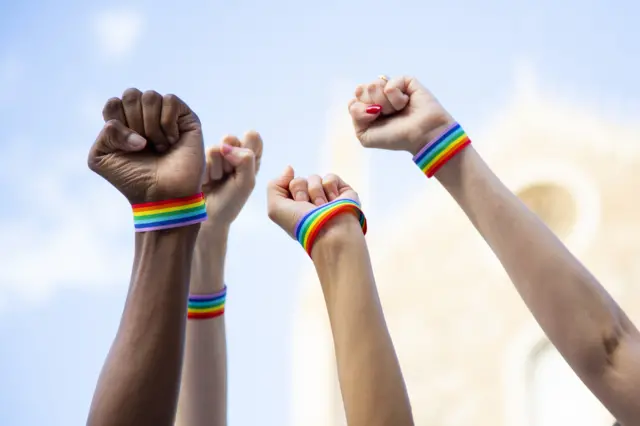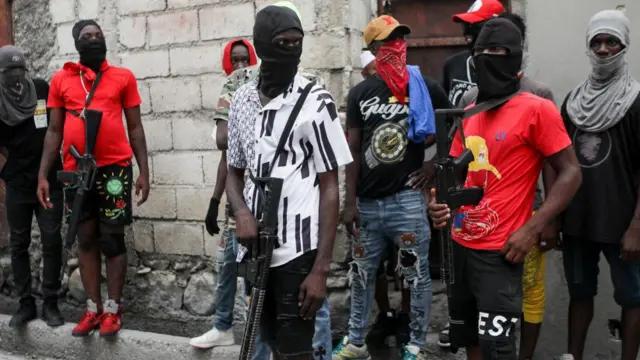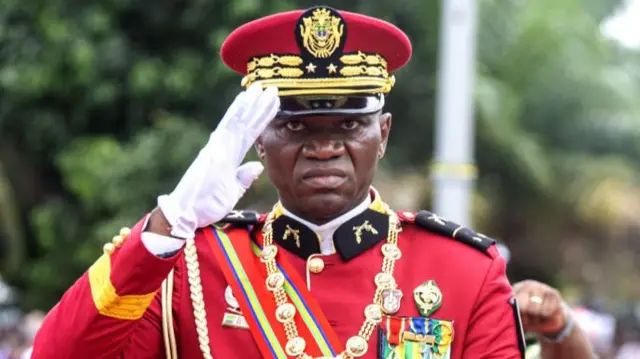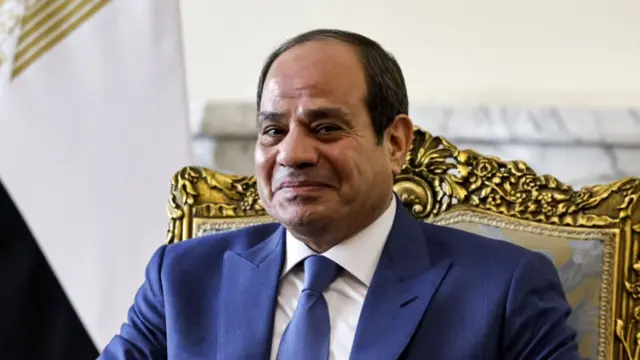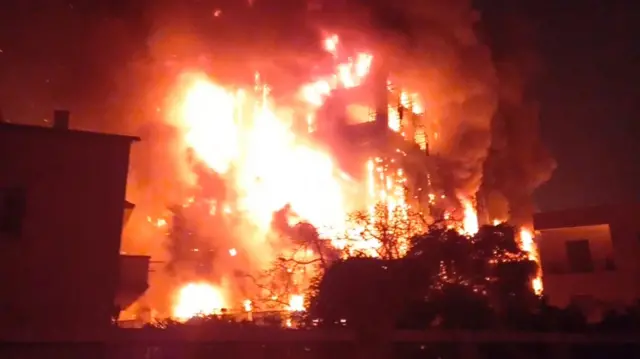Rwanda defends UK migration deal after envoy gaffepublished at 10:08 BST 2 October 2023
 BBC Monitoring
BBC Monitoring
The world through its media
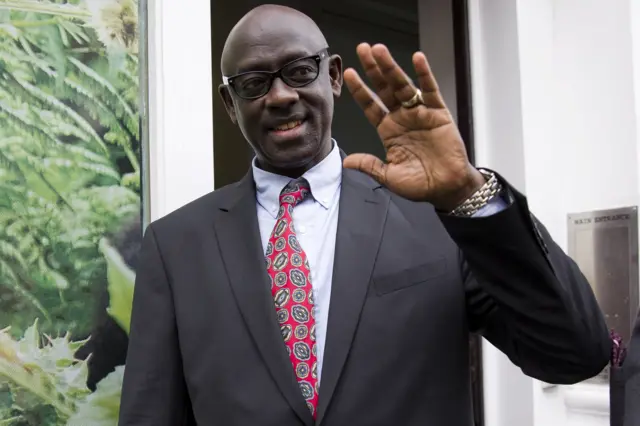 Image source, AFP
Image source, AFPAmbassador Johnston Busingye was secretly filmed by journalists
Rwanda has downplayed secretly filmed comments by its high commissioner to Britain that criticised the UK's stance on migration.
The government spokeswoman, Yolande Makolo, defended Rwanda's immigration partnership with the UK while insisting that current global immigration policies were "broken".
It came after the campaign group, Led By Donkeys, published an investigative piece, where Rwandan Ambassador Johnston Busingye defended the asylum deal but questioned the UK's moral role during a meeting in London with a person he was told was an Asian businessman seeking to invest in his country.
"It is immoral for this country to still see themselves as... the compassion country," he said, adding: "They enslaved millions of people for 400 years. They destroyed India, they destroyed China, they destroyed Africa."
Asked what he would tell the UK home secretary about the migrant policy, Mr Busingye said: "I would tell them that they are doing it absolutely wrong.
"They should have a long-term idea," he added, so that people do not "risk their lives coming to the UK".
Ms Makolo appeared to back those remarks about long-term strategy, saying Rwanda's position was that the current global immigration policies were unsuitable for refugees.
"On the wider issues covered in the piece, the broken global migration system is failing to protect the vulnerable, and empowering criminal smuggling gangs at an immeasurable human cost," she said.
She added that Rwanda was committed to the agreement with the UK, which is still the subject of a Supreme Court appeal, after the appellate court declared it "unlawful".

